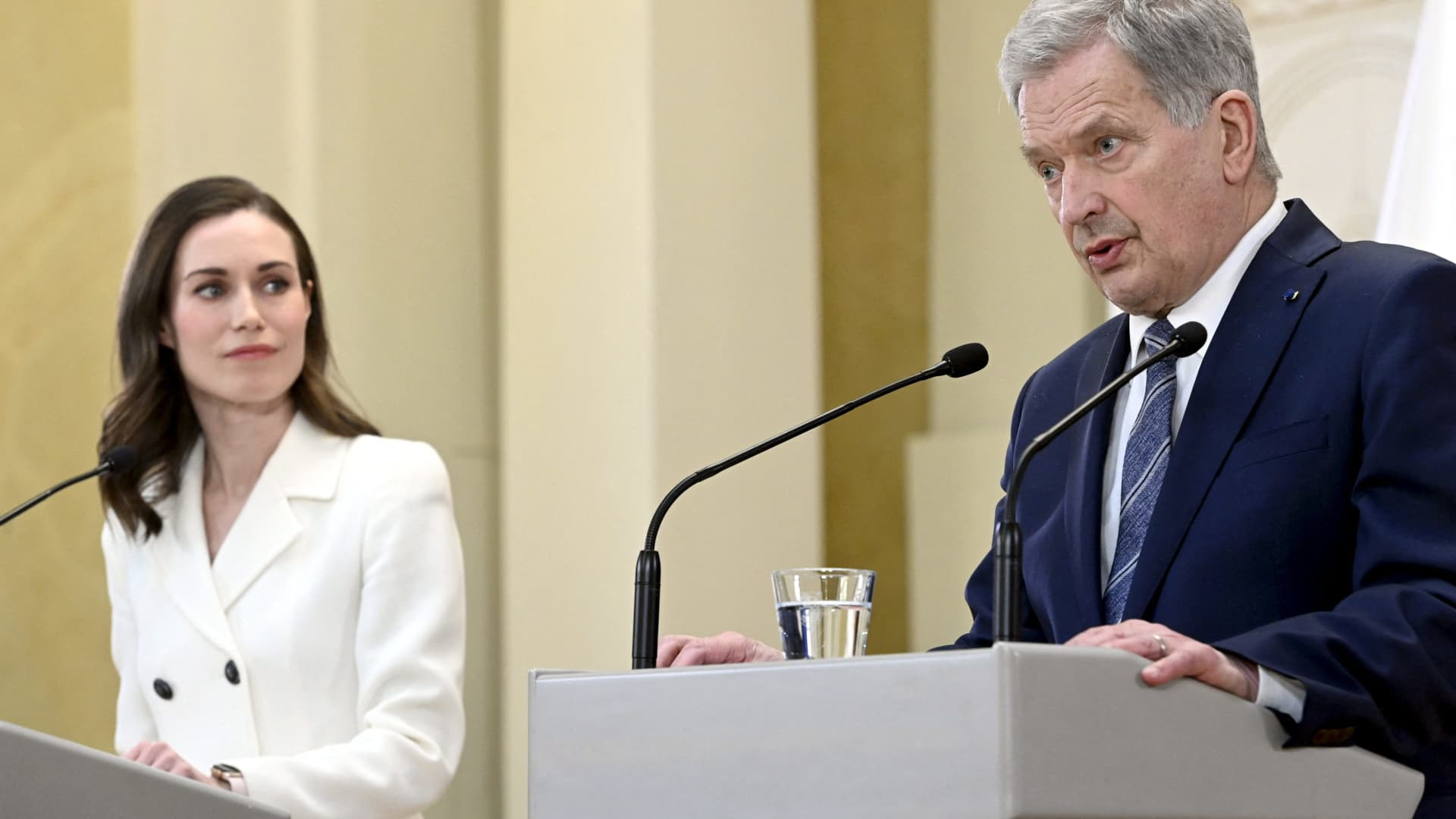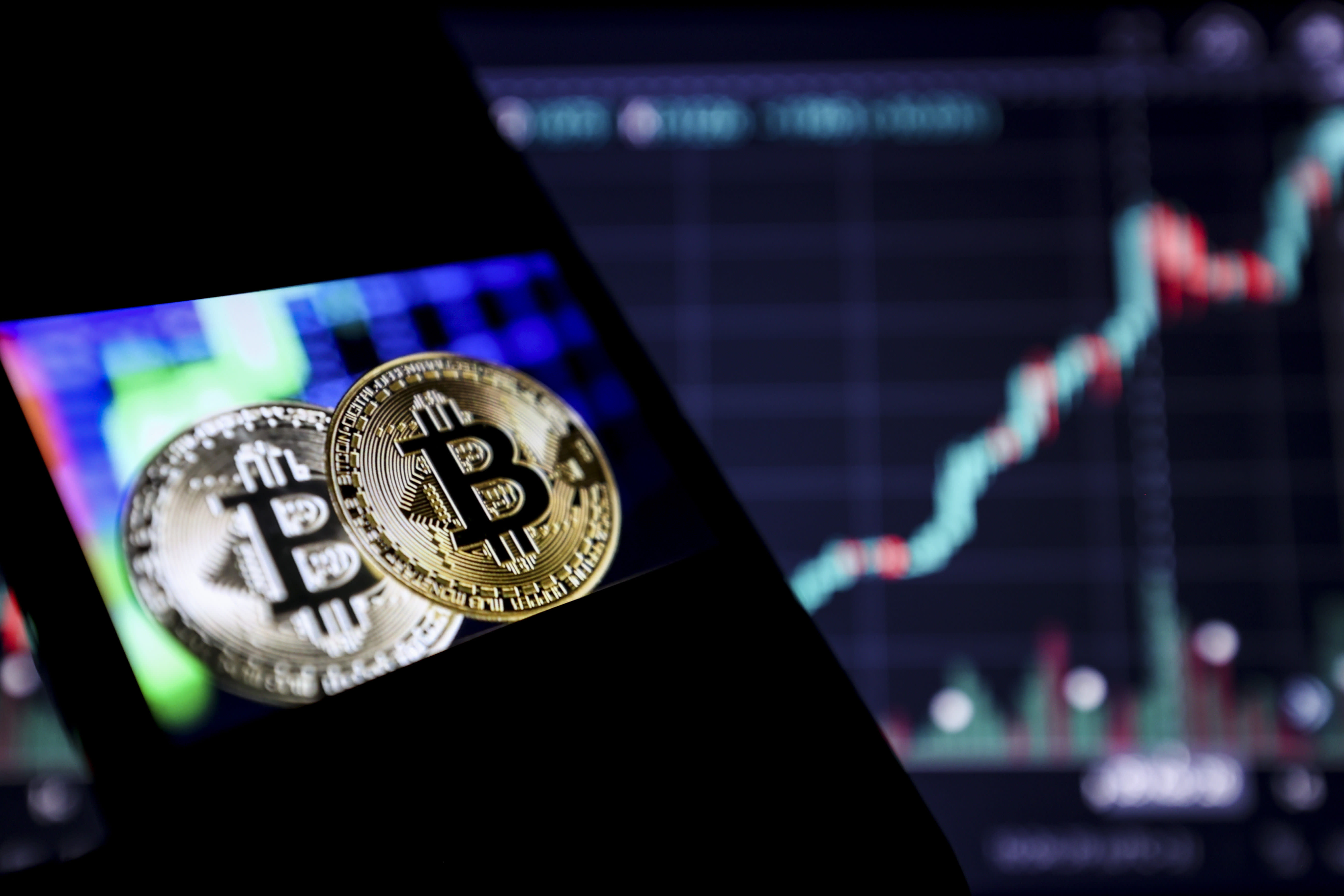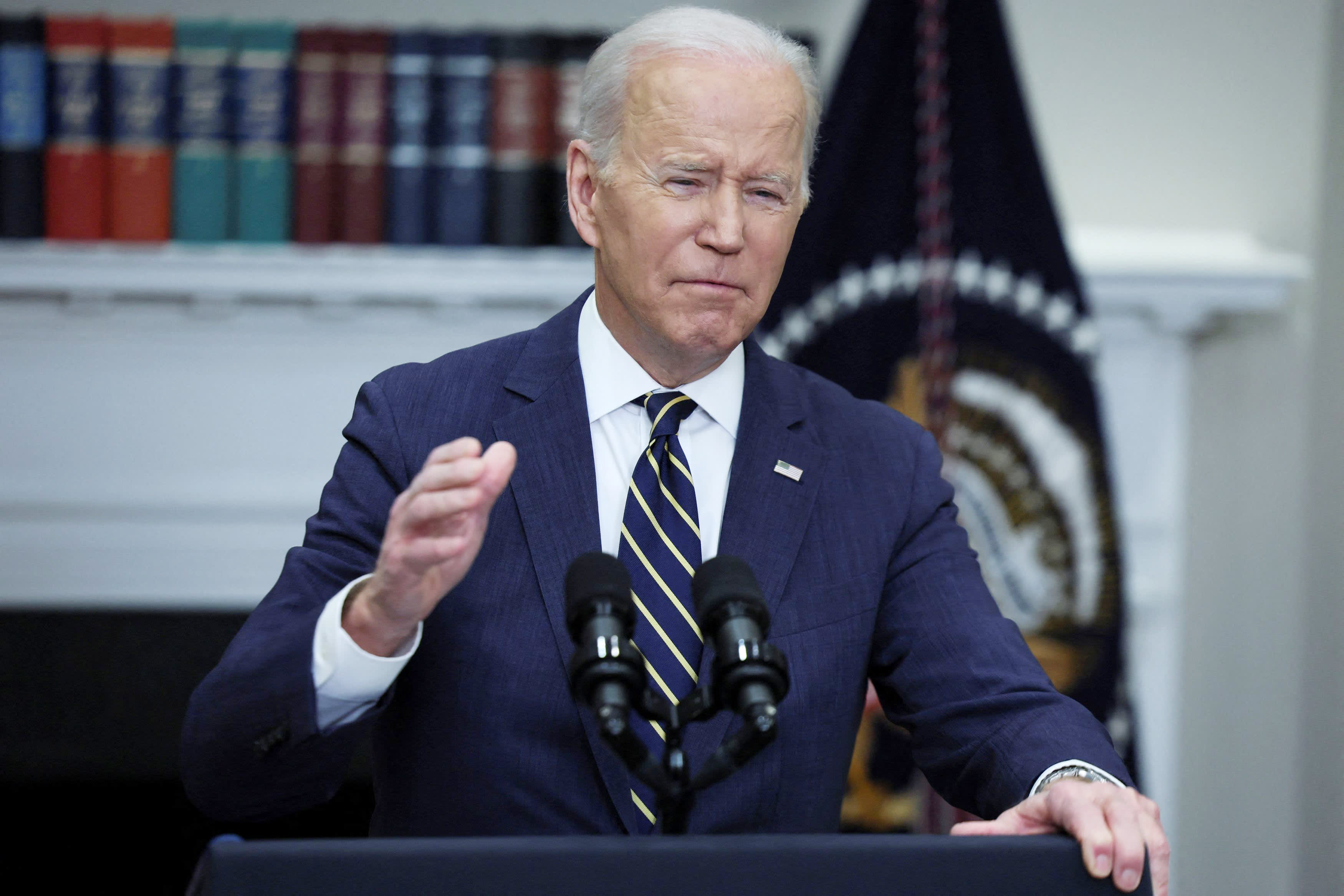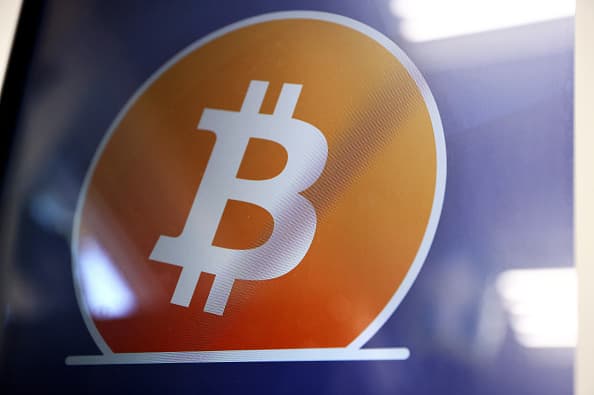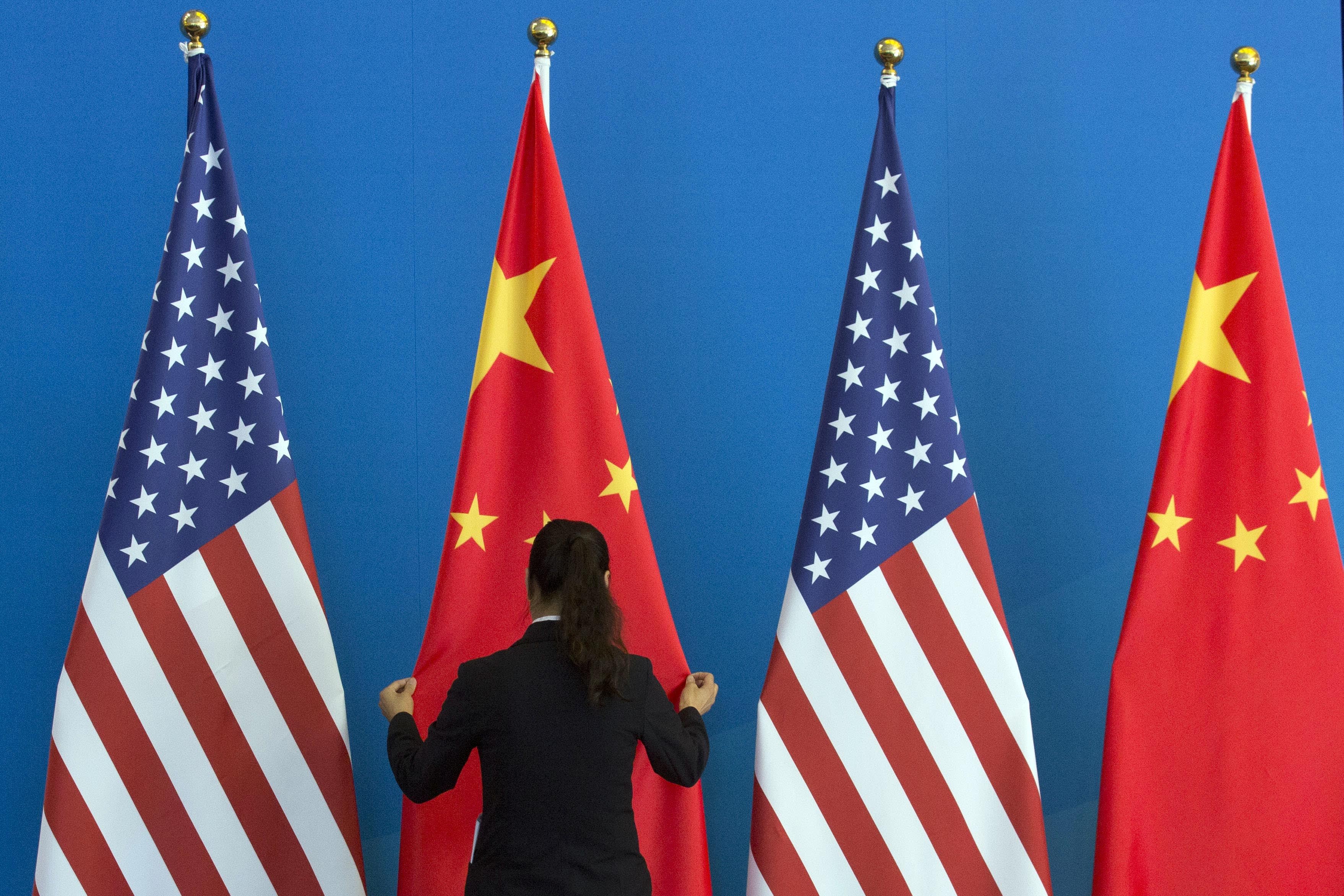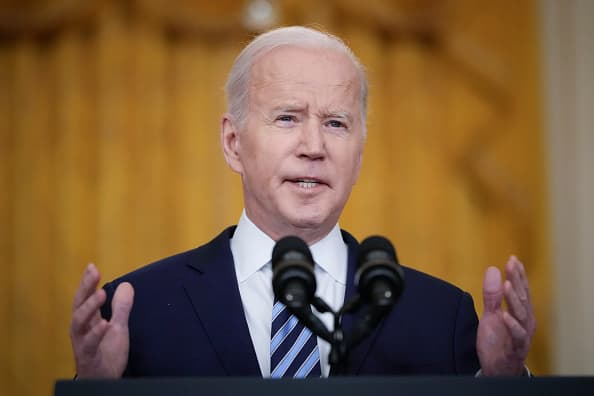Malaysia PM vows to recover Goldman Sachs 1MDB settlement, warns of possible lawsuits
Goldman Sachs bankers were accused of helping a Malaysian financier plunder billions of dollars from the 1Malaysia Development Berhad sovereign wealth fund.
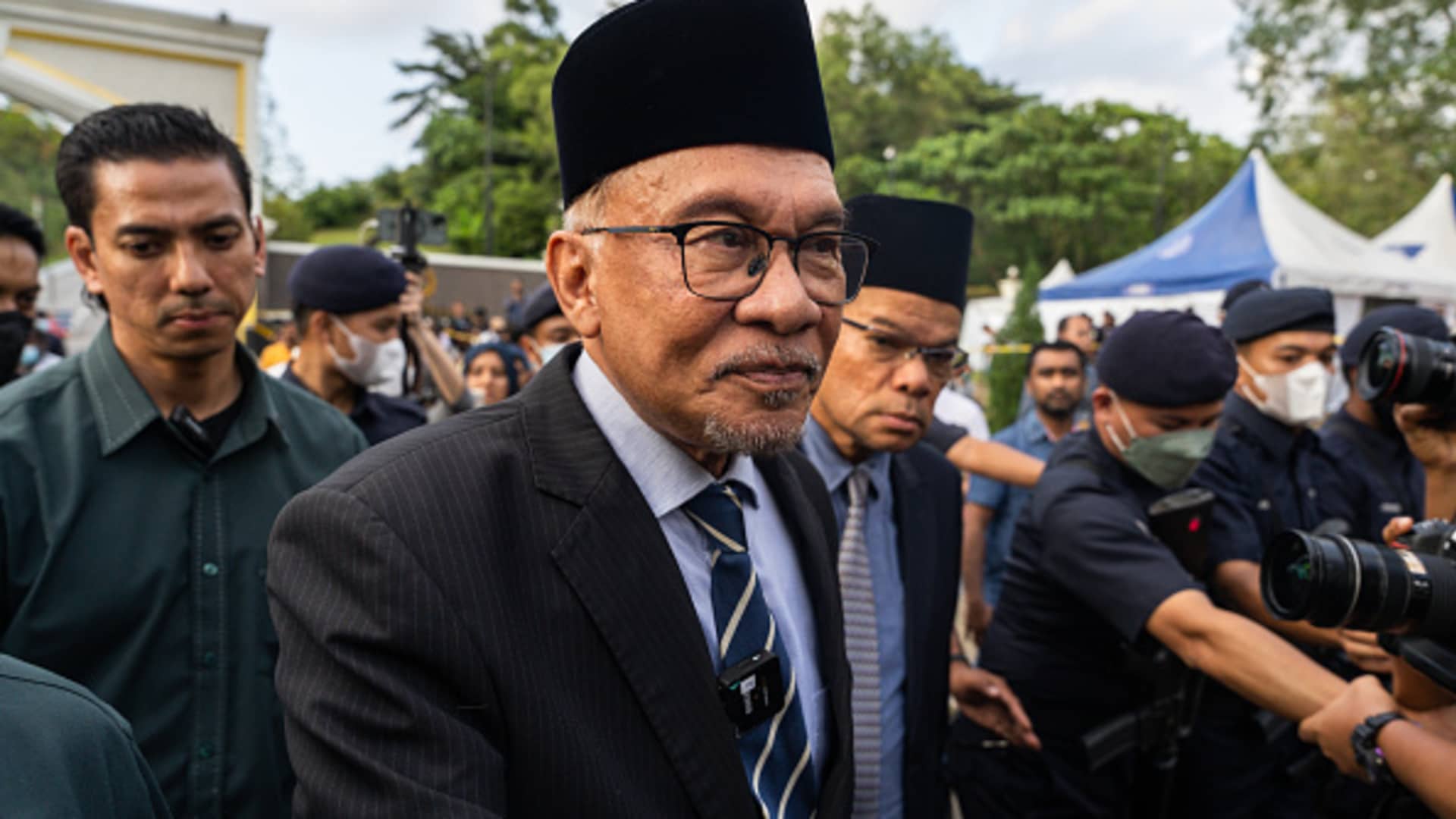
Malaysia's then-opposition leader Anwar Ibrahim leaves after meeting with Malaysia's King at the National Palace in Kuala Lumpur on November 22, 2022.
Nurphoto | Nurphoto | Getty Images
Malaysia's Prime Minister Anwar Ibrahim has vowed to recover the money Malaysians are owed from the 1MDB money laundering scandal, and says he hasn't ruled out the possibility of a lawsuit against Goldman Sachs.
"We'll have to reopen this negotiations with Goldman Sachs, because they were complicit to the crime," Anwar told CNBC's Martin Soong in an exclusive interview on Friday at the prime minister's offices in Putrajaya, just south of the country's capital Kuala Lumpur.
"Unfortunately, they have not been too forthcoming. And we will therefore have no choice but to pursue this," he added.
"Why must I punish the people of Malaysia by having to pay half the profits made by them? I just don't say we should negotiate. It should return," Anwar said. "I'm not discounting the possibility of proceeding again, the issue [of] lawsuits."
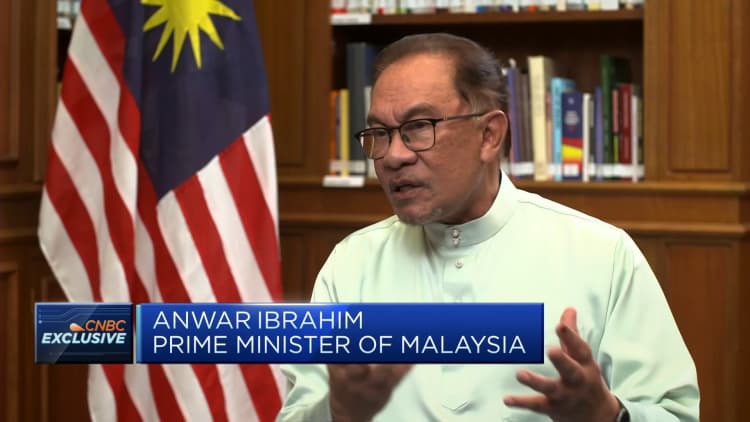
As I've always said, you assaulted me, I can forgive you; you put me in jail, I forgive you; but you steal from the people, I will have to get it back.
Anwar Ibrahim
Malaysia Prime Minister
In the interview, which will be broadcast on The CNBC Conversation later this week, Anwar complimented Malaysian agencies for recovering up to 68% of the total sum absconded during the 1MDB debacle. While he called it an "impressive feat," he said he's "not stopping at that."
Anwar said Malaysian agencies were still in talks with Goldman Sachs, though ongoing discussions are "a bit complex." He acknowledged there are "other routes to be taken" since law suits in the U.S. are going to "cost us a fortune."
Asked to comment on Anwar's interview, Goldman Sachs referred CNBC to its second quarter earnings statement.
As part of the $3.9 billion deal between Malaysia and the bank, Goldman agreed to a $2.5 billion cash payout and guaranteed the return of at least $1.4 billion in proceeds from assets seized that are linked to the 1MDB scandal.
"In connection with this guarantee, the firm is also required to make a one-time interim payment of $250 million towards the $1.4 billion if the Government of Malaysia has not received at least $500 million in assets and proceeds by August 2022," the bank highlighted in its earnings report.
Both sides disagree on whether the Malaysian government has recovered at least $500 million as of August last year, and whether an interim payment was due.
"If the parties are unable to resolve this dispute, it would be settled by arbitration," Goldman highlighted to CNBC.
It remains to be seen what would come out of the standoff between Malaysia and Goldman Sachs. The bank is obliged to return Malaysia at least $1.4 billion in recovered assets by August 2025.
"No one can deny the fact that Goldman Sachs was used, and partly used the authorities," Anwar said in his interview. "So it's only fair we talk about governance, and these western countries — United States, talking about democratic accountability, rule of law — to be supportive of our efforts to regain [the money]."
"As I've always said, you assaulted me, I can forgive you; you put me in jail, I forgive you; but you steal from the people, I will have to get it back," Anwar said.
He was referencing his own experience of having been controversially found guilty of sodomy under laws that were recently repelled.
Anwar previously served two jail terms, was beaten up by the then-deputy police chief in prison and subsequently received a royal pardon — all in the time since he was sacked in 1998 as deputy prime minister and heir apparent to Malaysia's longest serving prime minister, Mahathir Mohamad.
Reform mandate
Anwar is seeking to deepen his reform agenda after this month's state election where his ruling coalition managed to hold their ground to retain control of three states.
In a remarkable political comeback, the Malaysian king appointed Anwar Malaysia's 10th prime minister in November after the 2022 general elections produced a hung parliament.
Anwar's Pakatan Harapan coalition had ousted the long-standing, Malay-dominated Barisan Nasional coalition after 60 years of rule at the 2018 general elections. This was partly due to public anger after it emerged that then-Prime Minister Najib Razak, who led Barisan, had embezzled millions of dollars from 1MDB.
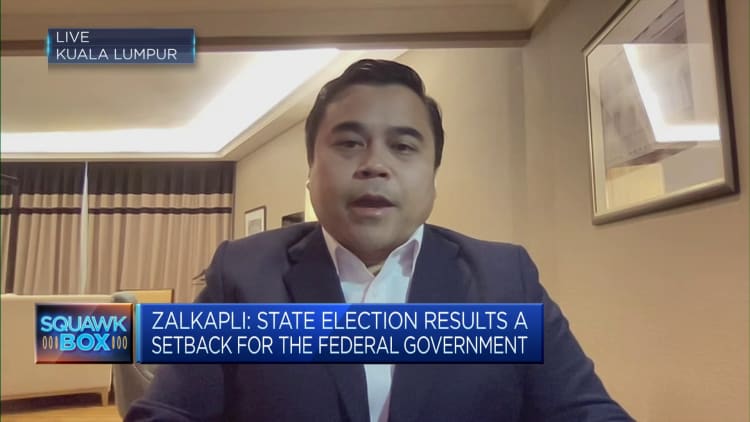
Since 2018, Malaysia has been plunged into political turmoil and cycled through three prime ministers before Anwar assumed the mantle, pledging to fight corruption and make "Malaysia for all Malaysians."
Anwar's vows underscore the nature and depth of the divisions and challenges in Malaysian society.
His anti-corruption pledge has led to the arrest of his predecessor Muhyiddin, who now faces graft charges following a review of government projects worth billions of dollars Muhyiddin allegedly approved.
The issue of race
Anwar has also pledged to uphold Malay rights and the position of Islam that's enshrined in the Federal Constitution, safeguarding the rights of all Malaysians, regardless of race or religion.
Some in the Malay majority have viewed this position with suspicion, perceiving that Anwar may be looking to dismantle the country's long-standing Bumiputera policy.
The long-standing policy includes affirmative action in public education and in the public sector aimed at uplifting the Malay majority and other indigenous races, but is widely seen today as curtailing Malaysia's development and perpetuating an outflow of talent.

"It's not an issue ... of dismantling, it's the issue of refocusing areas, which [are] important," Anwar told CNBC. "For example, the issue of affirmative action — which extends from being race-based to need-based — we cannot talk about pure meritocracy."
"Once it is considered to be too focused on race, then it creates this animosity and anxiety," said Anwar. "But if you focus on the efficiency of need, justice as fairness, then we can proceed with this affirmative action policy."
At the Aug. 12 state elections, Anwar's coalition and the opposition Perikatan Nasional coalition, led by Muhyiddin and backed by a conservative Islamic party, each retained the three states they previously won.
Still, the opposition was able to make significant inroads among the country's majority Malay Muslims, particularly the youths and those living in rural areas.
"Endemic means the entire system is compromised. And by saying that ... you mean a major, huge problem for people like me to try and dismantle that, which is more important than talking about specific policies, Malay policy, whatever, to dismantle a corrupt system," Anwar told CNBC.
"When you do that, the corrupt will muster all their wealth and the strength and power and the media to go after you. That is precisely what happened in this elections, by using the race," he added.
Crucially for Anwar though, the outcome of this state election did not impact Pakatan Harapan's two-thirds majority in the national parliament.
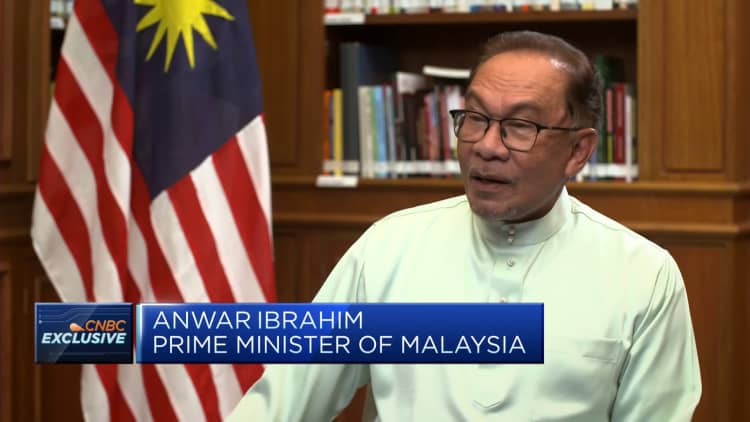
"We have inherited a system with 1.5 trillion ringgit ($322.8 billion) debt, and 5.6% deficit, we are committed to reduce that. And they're not going to be necessarily popular, because we're not going to be able to reach out," Anwar said.
"Considering all these factors, and the fact that the opposition will using the race and religious card ... we have done wonderfully well."
— CNBC's Naman Tandon contributed to this report.

 Troov
Troov 







